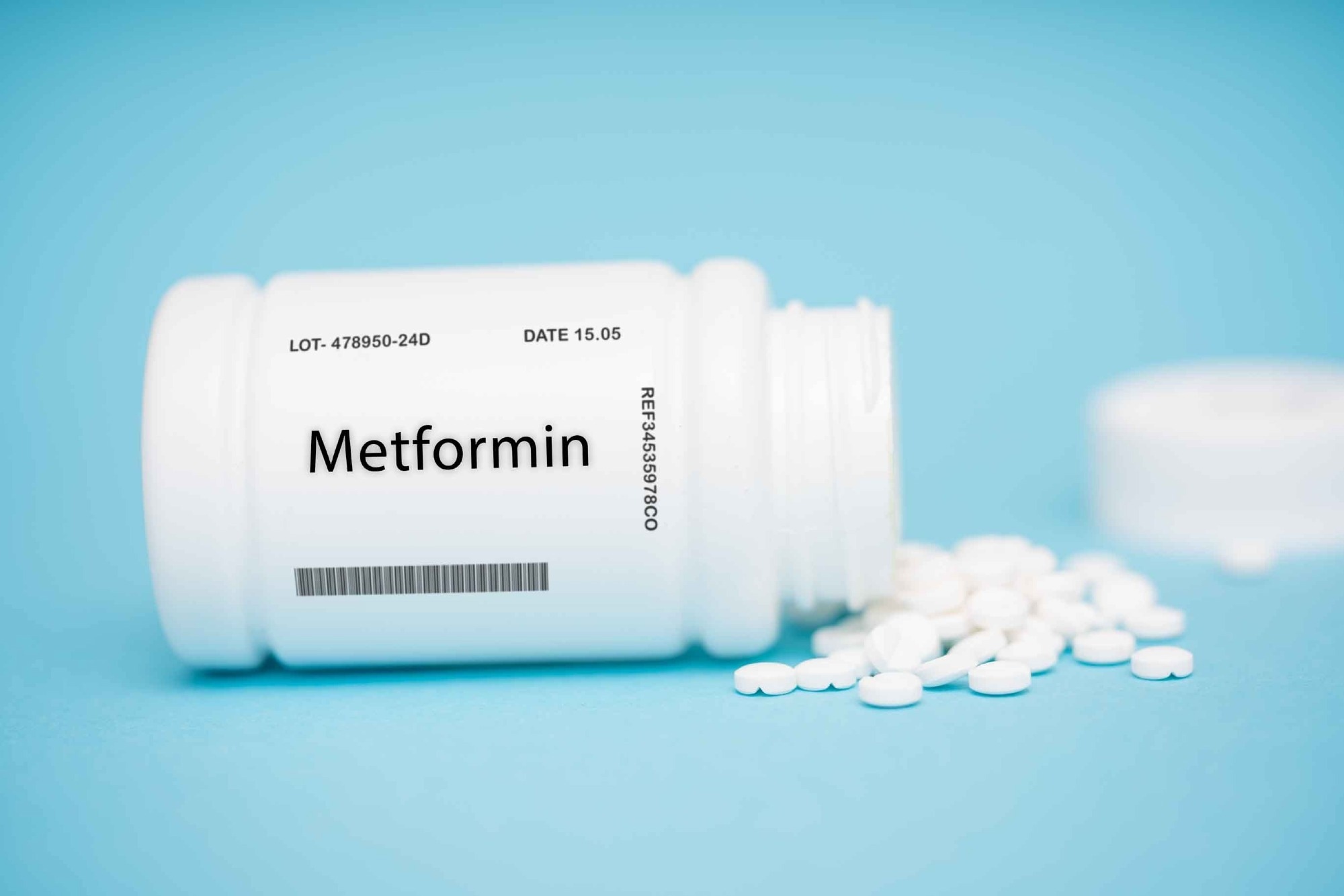Emerging research suggests that starting metformin soon after a COVID-19 infection could lower the likelihood of developing long COVID, offering a potential preventive approach for at-risk individuals. This discovery may open new avenues for early intervention, aiming to reduce prolonged symptoms that affect millions worldwide.
Long COVID, noted for ongoing tiredness, mental haze, difficulty breathing, and other lasting symptoms, has emerged as a significant public health issue. Although vaccines and antiviral therapies have aided in decreasing serious illness and hospital stays, they do not reliably avert complications after the virus. Metformin, a recognized drug typically given for type 2 diabetes, has recently been spotlighted for its anti-inflammatory and antiviral qualities, leading scientists to investigate its potential role in addressing long COVID.
How metformin may help prevent long COVID
Metformin is commonly employed to control glucose levels in the blood, enhance the body’s response to insulin, and promote overall metabolic well-being. Nonetheless, new research suggests it has wider impacts, such as lowering widespread inflammation and adjusting immune functions. Because persistent inflammation and improper immune function are thought to contribute to long COVID, metformin’s actions make it a hopeful option for early treatment.
In studies, individuals who started metformin therapy within three months post-COVID-19 diagnosis showed fewer lasting symptoms compared to those who were not treated with the drug. Scientists believe that metformin might hinder virus replication, decrease inflammation signals, and enhance cell strength, thereby lowering the likelihood of enduring issues. The time of starting the treatment seems crucial, with prompt commencement providing the most significant advantage.
Although metformin is typically regarded as safe, it is crucial to have medical oversight, especially for people with kidney or liver issues, or for those who are on other medications that might interact with it. Healthcare professionals can assess patient history, risk factors, and present health condition to decide if using metformin at an early stage is suitable.
Implications for public health and treatment strategies
If further research confirms these findings, metformin could become part of a broader strategy to prevent long COVID, alongside vaccination, antivirals, and supportive care. Public health authorities may consider recommending early pharmacological intervention for high-risk populations, including older adults, immunocompromised individuals, and those with preexisting metabolic conditions.
Lowering the frequency of persistent COVID-19 consequences holds significant impact. People who suffer from extended symptoms frequently encounter a reduced quality of life, obstacles in resuming employment, and difficulties in executing daily tasks. Addressing these issues with prompt action might decrease the pressure on medical services and enhance both efficiency and quality of life for the broader community.
Additionally, the research underscores the importance of timing in post-infection interventions. Medications that modulate immune function or inflammation may be most effective when administered early, before long-term complications are established. This insight could inform the development of future therapies for post-viral syndromes and other chronic conditions triggered by infection.
Broader benefits and future research directions
Beyond long COVID prevention, metformin’s anti-inflammatory and metabolic benefits may have additional advantages for patients recovering from COVID-19. Studies suggest that it could support cardiovascular health, improve energy metabolism, and mitigate oxidative stress, all of which are relevant for individuals recovering from viral infections. These potential secondary benefits highlight metformin’s role as a multi-faceted therapeutic agent.
Researchers are now exploring optimal dosing regimens, treatment duration, and patient selection criteria to maximize the protective effects of metformin against long COVID. Ongoing studies aim to determine whether combining metformin with other interventions—such as antivirals, immune modulators, or lifestyle strategies—can enhance outcomes. Understanding the underlying biological mechanisms will also be crucial, as it could lead to the identification of biomarkers that predict which patients are most likely to benefit from early treatment.
Public engagement and awareness will be key to translating these findings into practice. Patients should be informed about the potential role of metformin in preventing long COVID, while also understanding that it is not a replacement for vaccines or other established preventive measures. Healthcare providers will play a critical role in guiding safe and effective use, monitoring for side effects, and integrating metformin into comprehensive post-COVID care plans.
Challenges and considerations
Despite promising results, several challenges remain. Long COVID is a complex, multi-system condition, and not all patients respond similarly to interventions. Genetic factors, underlying health conditions, and the severity of initial infection may influence outcomes, requiring personalized approaches to treatment. Furthermore, the long-term safety and efficacy of early metformin use in non-diabetic populations need careful evaluation to ensure risk–benefit balance.
Equity is another important consideration. Access to medications, healthcare guidance, and early intervention strategies must be inclusive to reach populations disproportionately affected by COVID-19 and long-term complications. Public health strategies should address these disparities, ensuring that preventive measures like metformin reach those who could benefit the most.
Constant cooperation among scientists, healthcare professionals, and decision-makers is crucial for crafting evidence-based guidelines for employing metformin in the prevention of long COVID. This teamwork can also guide upcoming research on other conditions following viral infections, establishing a foundation for proactive treatment approaches that reduce ongoing complications after illnesses.
Potential of metformin for a healthy routine
The capability of metformin to lower the risk of long COVID signifies a major advancement in healthcare related to the pandemic. Administering an established and commonly accessible medication from the onset promises to lessen the physical, emotional, and financial impacts of enduring symptoms following COVID.
As ongoing research progresses, health professionals, patients, and public health organizations must collaborate to incorporate new findings into practical plans. Through diligent observation, patient awareness, and fair access to resources, early administration of metformin may play a significant role in averting persistent complications from COVID-19. In the end, this strategy represents a larger movement toward proactive and evidence-driven healthcare, which aims not only to treat immediate health issues but also to prevent long-term effects, thus enhancing results for both individuals and communities.




